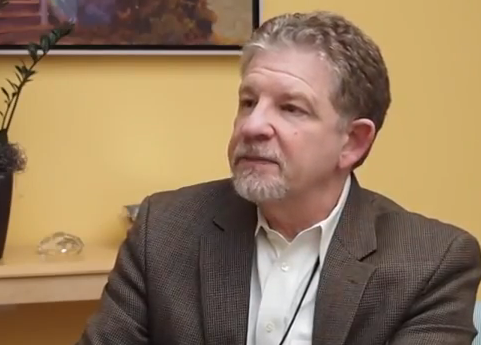Meaningful Use
At the Office of the National Coordinator for Health Information Technology 2012 Annual Meeting, held Dec. 12 in Washington, DC, Sen. Mark Warner (D-VA) told attendees that interoperability is a lynch pin for health IT advancement, and it is currently lacking.
A report issued Nov. 29 by the Office of the Inspector General calling for more oversight of the meaningful use program has been mostly well-received by stakeholders. Doctors, however, are concerned about the burden of pre-payment audits.
A new report from the Department of Health and Human Services Office of Inspector General (OIG) might not entirely spill the meaningful use apple cart, but it certainly isn't going to make things any easier.
Barry Blumenfeld, MD, MS, CIO of MaineHealth and Maine Medical Center, discusses rollout of the Epic EMR, the slow adoption of voice recognition, and his relief over the recent presidential election for the state of healthcare IT.
One week after unveiling its Patient Engagement Framework, the National eHealth Collaborative (NeHC) has launched an online tool meant to help health organizations track their progress on involving patients in their care.
Sixty-nine percent of U.S. primary care physicians reported using electronic medical records in 2012 -- up from 46 percent in 2009, according to findings from the 2012 Commonwealth Fund International Health Policy Survey. But in the U.S., just 11 percent of physicians said they had referral information available when it was needed.
More and more, health IT is expanding from the clinical into the commercial realm. With patient engagement so crucial to the transformation of care delivery, that's a good thing. But some consumer technologies are better than others.
"Patient engagement" has become one of healthcare's many new buzz phrases. But as the framers of meaningful use might say, it's more than buzz. It's a critical piece of improving care.
Last week my mother fell and broke her hip. She was taken to a very good local hospital and received excellent orthopedic care.
Deloitte Consulting announced Monday it has closed on a deal to acquire Recombinant Data Corporation, a Newton, Mass.-based healthcare data warehousing and analytics firm. The move signals the growing momentum toward using clinical data to transform healthcare, say Deloitte officials.
